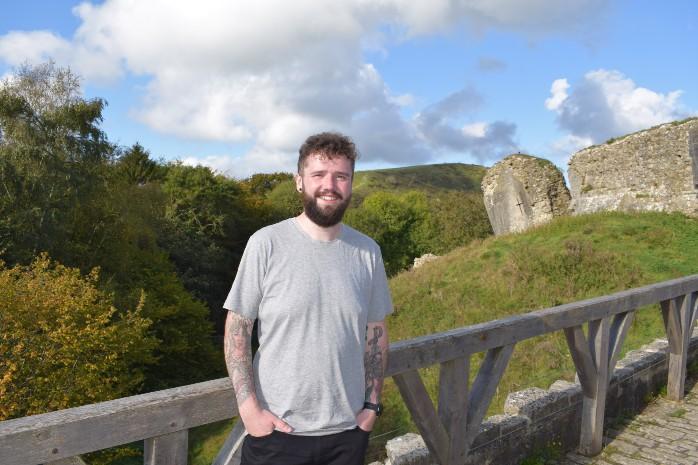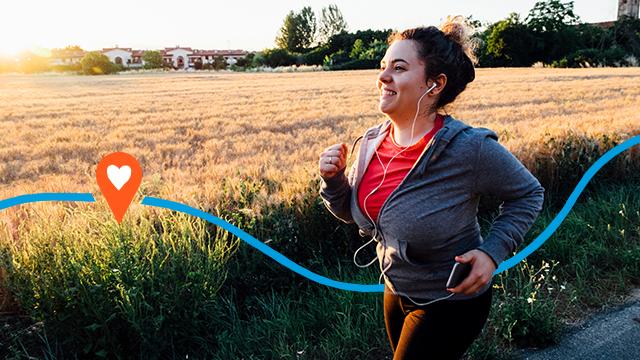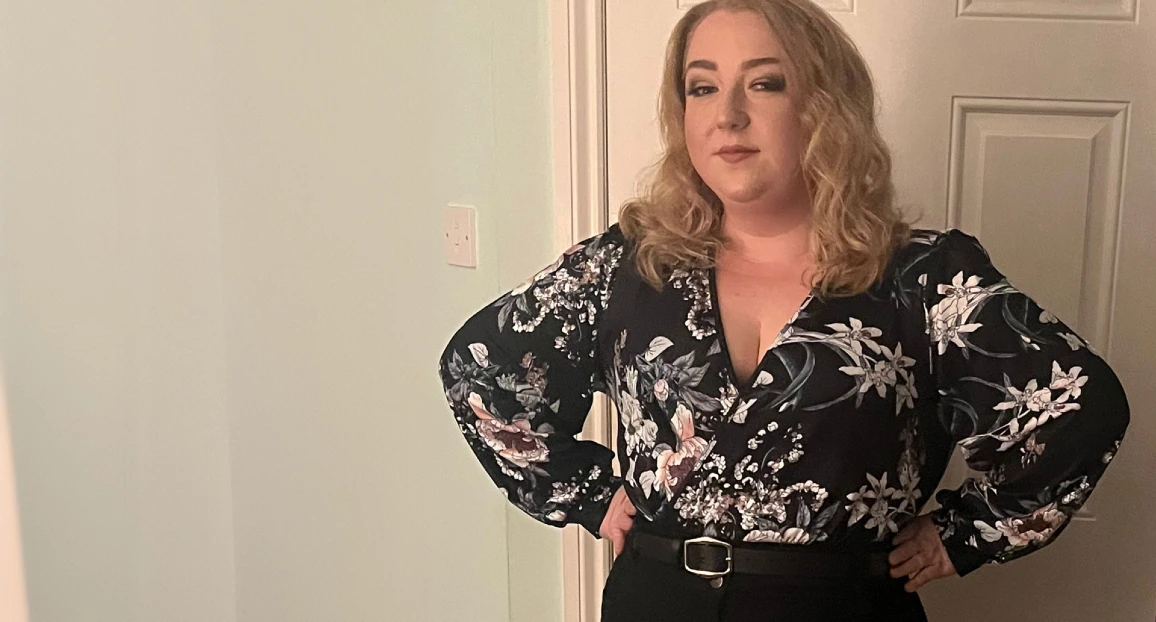
Sean Carter-Selwood
Diagnosed with type 2 during the Covid-19 pandemic
I’m in remission now but I am fully aware that I still need to keep an eye on things. For now though, I’m really proud of what I’ve achieved and I’m looking forward to enjoying a healthier future.
Sean shares his experience of being diagnosed with type 2 during the Covid-19 pandemic and how re-educating himself about food has enabled him to achieve remission.



